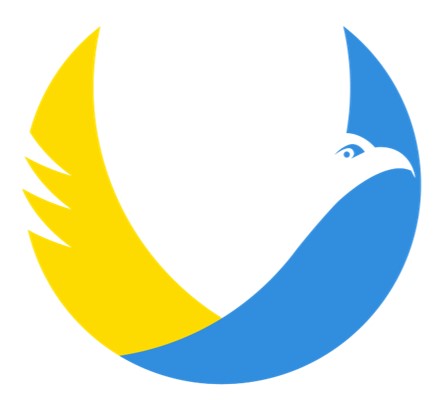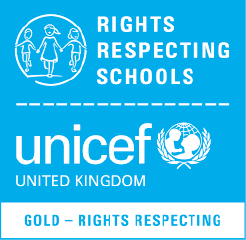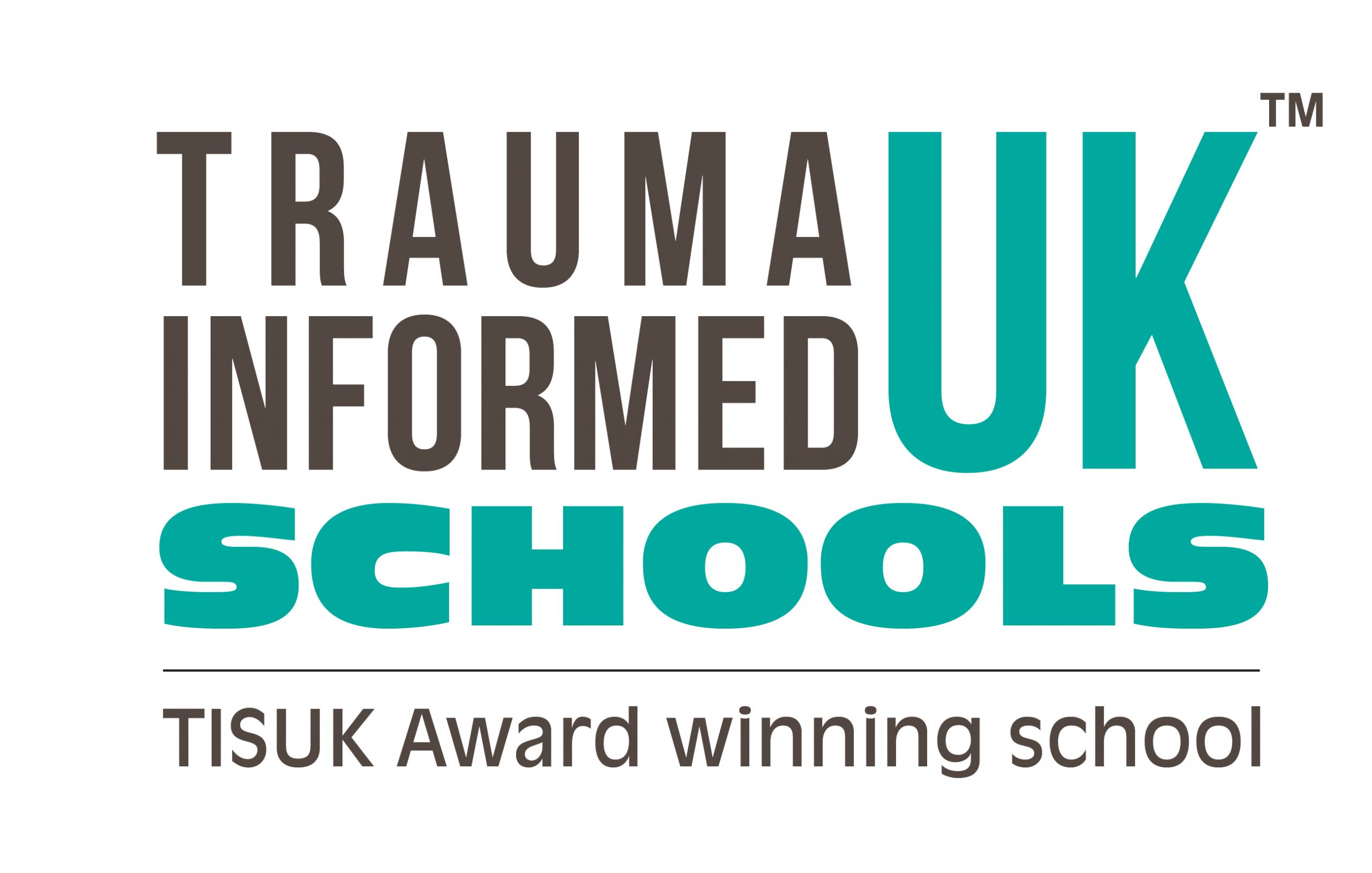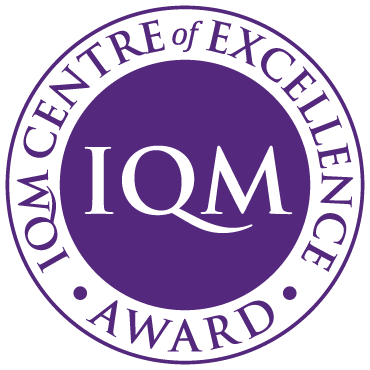Curriculum

Developing a Curiosity for Learning
Our curriculum aims to support pupils who attend our school by:
- Building good relationships
- Eradicating Early Literacy Deficit
- Increasing vocabulary
- Widening their understanding of the world
- Developing a curiosity for learning
Our CUSP curriculum has been planned to be cumulative and revisited. The principles of our curriculum have been designed based on retrieval and spaced practice. This enables us to make the most of opportunities for children’s learning to be repeated, embedded and secured through each subject.
Through our curriculum we aim to instil our 3 core values: Ready, Respectful, Safe. Alongside this is our Success for All Cooperative Learning Standards:
- Everyone participates
- Active listening
- Help and encourage each other
- Explaining ideas and telling why
- Completion of tasks
In addition to the above, children of all ages are offered plentiful enrichment opportunities including extra-curricular clubs, special themed days and educational visits.
Ultimately, our curriculum aims to provide stimulating and exciting learning experiences which develop core skills and offer opportunities for excellence and enjoyment. Our curriculum also aims to promote the British values of democracy, law, individual liberty, mutual respect and tolerance of others from all backgrounds, faiths and beliefs.
The curriculum is led by the Deputy Head Teacher, Mrs Vicky Jennings, and the Trust Primary Curriculum Lead, Alex Bedford.
Please read our Teaching, Learning and Curriculum Policy, available in the attachments section on this page, for further details on our curriculum maps and long term plans.
Our Subjects
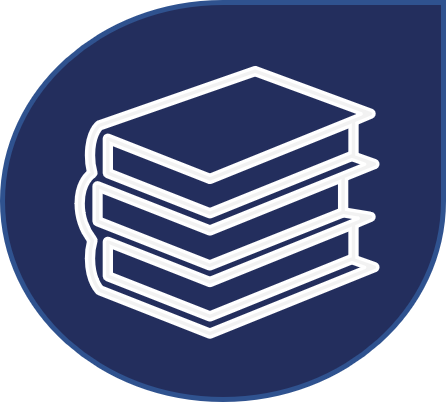
We follow an approach called Success For All, children in KS1 and KS2 are grouped according to their reading ability. Assessments take place every 8 weeks to ensure that all children are working at their optimum level. Using this approach, children are exposed to a wide range of fiction, non-fiction and poetry which are used as the basis for writing stimuli.
SFA Reading is deliberately designed to be ambitious and aspirational, ensuring that every child leaves our school as a competent, confident reader. Drawing on the latest research around explicit vocabulary instruction, reading fluency and key comprehension strategies, this curriculum is a synthesis of what we know works in helping children make outstanding progress in reading and a distillation into consistent, well-structured practice.
Pupils will receive a daily diet of excellent reading teaching and this will be supplemented by regular opportunities to engage with shared reading experiences, promoting the joy of reading with the whole school community. The clear structure and principles ensure that teaching is progressive, challenging and engaging and the rich, diverse literature spine acts as both a mirror so that every child can see themselves in the core texts and as a mirror to engage pupils with experiences beyond their own field of reference.
Phonics is taught synthetically and systematically using the Kinder Roots and Roots elements of the programme. Phonics is taught in daily discrete lessons, however, we firmly believe that for Phonics to be most effective, it must be embedded across all areas of the curriculum and strive to make links wherever possible. We are committed to ensuring that all children become fluent readers by the end of Key Stage One.

CUSP Writing draws on taught content from CUSP History, Geography and Science and from the depth study of core texts from the literature spine. Expert subject knowledge is carefully woven into each Writing module which gives teachers the opportunity to teach and rehearse key knowledge and skills before applying this learning to meaningful extended outcomes. The careful architecture of this curriculum ensures that pupils build on prior learning and maximise purposeful curriculum connections to become writers for life. Within the CUSP curriculum, punctuation and grammar is taught both directly and discreetly with pupils receiving a daily SPaG lesson.
Handwriting is taught using the programme, Penpals. Pupils learn pre-cursive handwriting in Year 1 moving to cursive handwriting in Year 2. In Key Stage 2, pupils continue to develop their speed, fluency and presentation of handwriting.
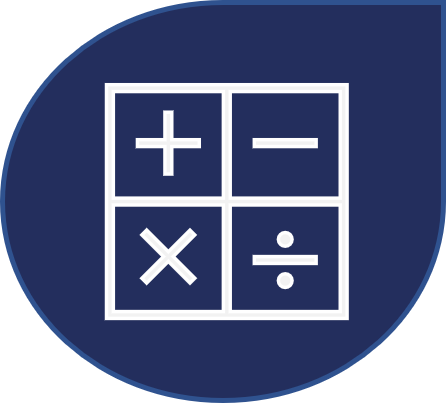
We follow a Maths Mastery approach to teaching mathematics.
The philosophy and overarching principles of Maths Mastery are that;
- Success in mathematics for every child is possible.
- Mathematical ability is not innate, and is increased through effort.
- To cover topics in depth – developing deep understanding of number sense and place value.
- Children learn through collaboration. The opportunity to work with others.
- To support understanding and encourage the development of problem solving and reasoning skills.
- The ability to solve a calculation is not enough; children must be able to demonstrate and articulate their understanding of the mathematical concept.

At Clements Primary Academy our vision is to ignite children curiosity and encourage them to explore and discover the world around them, gaining confidence while they develop a deeper understanding of the world they live. Through our curriculum we aim to supply enjoyable activities to excite them, as well as supply them with knowledge, vocabulary and skills within the subject. Through Science we continue to build upon positive and respectful relationships with each other by encouraging children to work together and support one another.
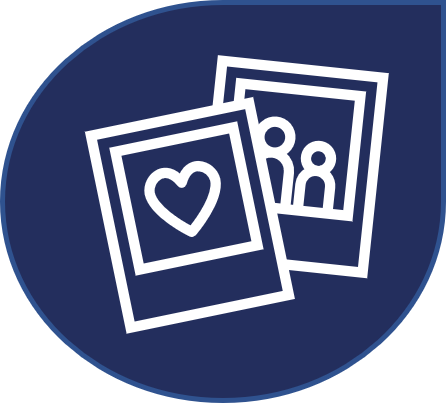
Clements Primary Academy is a nurturing learning environment in which each child is encouraged to develop their full potential and where their achievements and successes are celebrated and rewarded through whole school approaches such as ‘Star of the Day’, ‘Recognition boards’ and ‘Flying High’ assemblies. As a school we believe that children are all individuals and therefore, we aim to encourage mutual respect, responsibility and foster self-esteem in a happy and caring atmosphere following our whole school approach of ‘Ready, Respectful, Safe’. The teaching and learning of PSHE supports and upholds this vision.
At Clements Primary Academy we follow the whole school of programme of PATHS, which supports pupils to develop themselves, their understanding of the world, and their ability to communicate their feelings. We further seek to support our children’s development of their personal, social and emotional wellbeing using the Motional programme and are an accredited Trauma Informed School.
The aims of PSHE education within Clements Primary Academy are to provide children with:
- accurate and relevant knowledge
- opportunities to create personal understanding
- opportunities to explore and challenge a range of values, feelings, attitudes, beliefs, rights and responsibilities
- a range of skills and strategies to live a healthy, safe, fulfilling, responsible and balanced life.
PSHE education cannot exist in isolation; it is part of a whole school approach and our curriculum provides a range of opportunities for children to make links to other areas of learning and explore a wide range of social, moral, cultural and behavioural issues. We invest heavily in children knowing and understanding their rights as human beings and in recognition of this have recently been awarded our Silver award for being a ‘Rights Respecting School’ and are aiming for Gold in this programme.
As a school, we aim to enrich the lives of our children by providing them with the skills and opportunities to apply their learning within and beyond the curriculum. PSHE underpins our school ethos and is delivered from Reception to Year 6. Through PSHE, we believe we can enhance children’s education and help them become caring, respectful and confident individuals.

The Geography curriculum will equip pupils with knowledge about diverse places, people, resources and natural and human environments, together with a deep understanding of the Earth’s key physical and human processes.
As pupils progress, their growing knowledge about the world will help them to deepen their understanding of the interaction between physical and human processes, and of the formation and use of landscapes and environments. Geographical knowledge, understanding and skills provide the frameworks and approaches that explain how the Earth’s features at different scales are shaped, interconnected and change over time.
Our curriculum is structured to introduce and revisit knowledge, following the principles of instruction, guided by understanding how the memory works and cognitive load theor
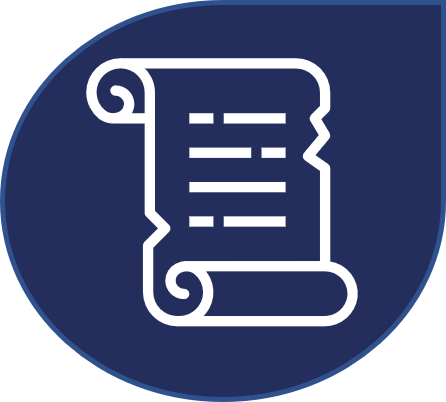
Our History curriculum will help pupils gain a coherent knowledge and understanding of Britain’s past and that of the wider world. It should inspire pupils’ curiosity to know more about the past. Teaching should equip pupils to ask perceptive questions, think critically, weigh evidence, sift arguments, and develop perspective and judgement. History helps pupils to understand the complexity of people’s lives, the process of change, the diversity of societies and relationships between different groups, as well as their own identity and the challenges of their time.

“Music is a universal language that embodies one of the highest forms of creativity. A high-quality music education should engage and inspire pupils to develop a love of music and their talent as musicians, and so increase their self-confidence, creativity and sense of achievement. As pupils progress, they should develop a critical engagement with music, allowing them to compose, and to listen with discrimination to the best in the musical canon.”
(National Curriculum 2014)
At Clements Primary Academy we believe that Music increases emotional well-being and confidence. We recognise the importance of Music and the positive effect that it can have on children’s relationships. Developing a love for music from different places helps the children to gain a greater understanding of the world and develop their vocabulary. We aim to provide a sense of enjoyment and give opportunities for the children to develop a positive attitude that inspires them to develop a love and appreciation of music. From the beginning, children develop skills in singing, composing and improvisation. We give opportunities to perform solo and group pieces in class, in assemblies and in seasonal productions, in order to encourage and celebrate individual talent and to foster confident performers. There is an opportunity for each child to play a tuned or un-tuned instrument to gain experience in making music.
Music is played around school to create a sense of calm and to develop appreciation for different styles of Music.
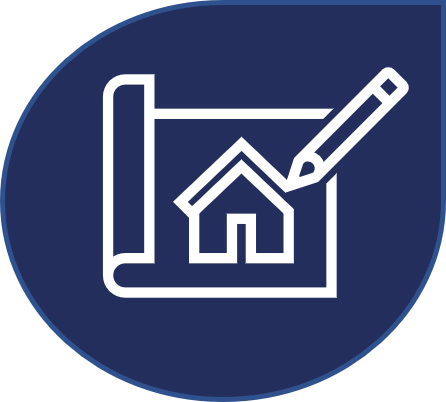
At Clements we follow the CUSP Art and Design Curriculum with the intention of inspiring pupils to acquire knowledge as an artist and enable them to apply their skills and understanding.
The CUSP Art curriculum is organised into blocks with each block covering a particular set of artistic disciplines, including drawing, painting, printmaking, textiles, 3D and collage. Vertical progression in each discipline has been deliberately woven into the fabric of the curriculum so that pupils can revisit key disciplines throughout their Primary journey at increasing degrees of challenge and complexity.
The Art Curriculum package includes a sequence of skeleton lesson plans, contextual reference materials, vocabulary modules focusing on language of emotion, explanatory videos and annotated exemplifications. The teacher videos complement the content in each block and provide clear instruction about art techniques and methods. The exemplifications can be used to support assessment of pupil outcomes and to support teachers in developing their own subject knowledge. Teachers are also provided with a list of materials and resources that they will need to teach each block. The components of the suite should be viewed together for maximum impact.
Within each learning module there is a focus on developing pupils oracy and vocabulary skills with the expectation that they use this language meaningfully when talking about their work and the work of others.
Knowledge notes provide clear definitions of technical vocabulary for pupils to refer to as needed.
A vocabulary quiz is completed by pupils at the end of each block. These allow children to analyse, define, connect and use words in context.
Key stage 1 and Key Stage 2
Art is taught in blocks across both Key stages. There are 6 blocks in total, each focusing on a different skill within Art.
- Block A – drawing
- Block B – Painting
- Block C – Printmaking
- Block D – Textiles
- Block E – 3D
- Block F – Collage

A high-quality computing education equips pupils to use computational thinking and creativity to gain knowledge, understand and change the world. Computing has deep links with mathematics, science, and design and technology, and provides insights into both natural and artificial systems. The core of computing is computer science, in which pupils are taught the principles of information and computation (including curiosity), how digital systems work, and how to put this knowledge to use through coding. Building on this knowledge and understanding, pupils are equipped to use information technology to explore systems using computational vocabulary and a range of multimedia content. Computing also ensures that pupils become digitally literate. They are able to use, and express themselves and develop their ideas through, information and communication technology – at a level suitable for the future workplace and as active participants in a digital world, helping to build positive relationships with technology and other users.

At Clements we follow the CUSP Design and Technology curriculum which aims to ensure that pupils are equipped to successfully think, work and communicate like a designer.
The CUSP Design and Technology curriculum is organised into blocks with each block covering a particular set of disciplines, including food and nutrition, mechanisms, structures, systems, electrical systems, understanding materials and textiles. Vertical progression in each discipline has been deliberately woven into the fabric of the curriculum so that pupils revisit key disciplines throughout their Primary journey at increasing degrees of challenge and complexity. In addition to the core knowledge required to be successful within each discipline, the curriculum outlines key aspects of development in the Working as a Designer section. Each module will focus on promoting different aspects of these competencies. This will support teachers in understanding pupils’ progress as designers more broadly, as well as how successfully they are acquiring the taught knowledge and skills.
Children working as a designer will be involved in: Designing, Making, Evaluating and Applying.
The CUSP Design and Technology package includes a sequence of skeleton lesson plans, contextual reference materials, vocabulary modules focusing on language of emotion, explanatory videos and annotated exemplifications. The teacher videos complement the content in each block and provide clear instruction about relevant techniques, skills and methods. The exemplifications can be used to inform assessment of pupil outcomes and to support teachers in developing their own subject knowledge. Teachers are also provided with a list of materials and resources that they will need to deliver each block.
Central to the learning modules the activities are designed to develop pupils’ oracy and vocabulary skills and to enable them to use the language associated with design and technology meaningfully when talking about their work and the work of others.
Knowledge notes are introduced in lesson 1 to introduce pupils to the core knowledge and skills along with the technical vocabulary.
A vocabulary quiz is completed by pupils at the end of each block. These allow children to analyse, define, connect and use words in context.
Design and Technology is taught in blocks with each block focusing on a core discipline within DT.
In Key Stage 1, pupils will cover the following:
Mechanisms, structures, Food and Nutrition, Understanding materials and textiles.
In Key Stage 2, pupils will cover the following:
Textiles, Food and Nutrition, Mechanisms, Understanding Materials, Structures and Systems.
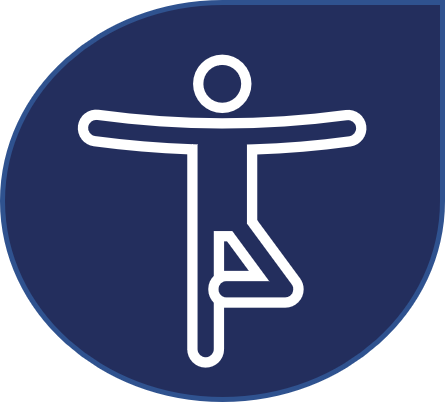
At Clements Primary Academy we believe all children should have access to a high quality Physical Education (PE) curriculum. We know the power of sport and activity in ensuring our children are both physically and mentally healthy as well as enabling them to become successful, confident and responsible individuals. Our PE curriculum aims to ensure that all pupils develop the fundamental knowledge, understanding and skills to continue to improve and achieve in a range of PE, sport and health-enhancing physical activities in line with their abilities.
PE is an integral part of the whole school curriculum and we aim to give children at least two hours of fun and exciting PE lessons every week to keep the children active and healthy, in the hope that they will develop a passion for sport and exercise that will continue into their later lives. We also take part in the Daily Mile which promotes the importance of daily exercise and building personal fitness goals.
It is also of paramount importance that we give the children the opportunity not only to compete and build positive relationships with each other but also with other schools in order to develop their confidence, teamwork and sportsmanship.
We expect the values developed in our PE sessions to transfer to other areas of school life from attendance to behaviour. Our sessions will always aim to uphold and demonstrate our school values of being Ready, Respectful and Safe.
Our key aims are to:-
- Inspire all children to succeed and excel in competitive opportunities.
- Build on subject specific vocabulary in order to develop key communication skills
- Provide opportunities for children to become physically confident and competent.
- Provide PE lessons which support their overall well-being, health and fitness.
- Build character, curiosity and embed our values of being Ready, Respectful and Safe.
“Sport has the power to change the world. It has the power to inspire. It has the power to unite people in a way that little else does.”
(Nelson Mandela, 2000).
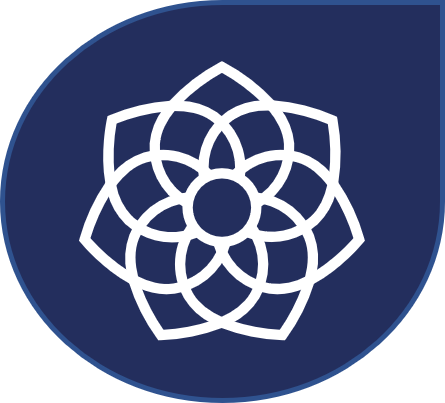
RE is taught using the ‘Discovery RE’ scheme. It adapts an enquiry-based approach to teaching and learning. Religious Education is a key player in engendering knowledge and understanding however, does not teach children to passively accept, but rather encourages evaluation and critical thinking, equipping them to consider beliefs and positions they encounter. Progression is evident through building upon the pupil’s prior knowledge, allowing them to follow the steps of engaging and investigating the different religions, leading to the process of evaluating and expressing to ensure understanding and progress is made. This should inspire and build each child’s ‘religious literacy’, helping them to understand the nature and diversity of religion and belief in the world in which they live and the relationships between different groups of society.

Learning a foreign language provides a valuable educational, social and cultural experience for our pupils. It is vital to helping them become a global citizen and appreciate the language, culture, religion and people of another country; appreciating their similarities and differences. Furthermore, it helps pupils to develop their communication skills, including key skills of speaking and listening, extending their vocabulary and developing their knowledge of how language works.
Though teaching a foreign language at Clements Primary Academy we aim:
- To foster an interest in language learning by introducing children to another language in a way that is enjoyable and accessible to all;
- To stimulate and encourage children’s curiosity about language;
- To support oracy and literacy, and in particular develop speaking and listening skills. In turn this will encourage positive relationships in which children are confident to practise and improve their developing language skills.
- To help children develop their awareness of cultural similarities and differences and provide a vehicle for multi-cultural understanding; extending their knowledge and understanding of the world.
- To lay the foundations for future language study.
